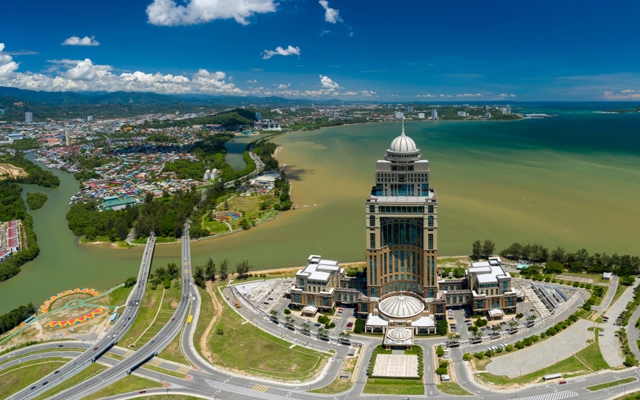Inbound business into Malaysia from markets which contract in US dollars are benefitting from the much-weakened ringgit against the greenback.
Local media in Malaysia reported that the national currency reached an all-time 24-year low of 4.52 ringgit against US$1 on September 14, in line with lower oil prices. The ringgit continues to slide, and as of press time, it stands at 4.55 ringgit against the US dollar.

Noor M Ismail, general manager at Panorama Destination Malaysia, explained that the weakened ringgit is an added value to overseas organisers and delegates as it partly compensates for high airfares which have not returned to pre-pandemic levels. A weak ringgit against major currencies also gives overseas delegates a stronger purchasing power.
Noor added that he is encouraging clients to lock in the low rates by placing deposits for their future events.
“It also provides us a much-needed cash injection, having not been able to do much business at the height of the pandemic,” Noor said.
At the current exchange rate, a room at a five-star international chain property in Kuala Lumpur’s city centre can be purchased for US$150.
Saini Vermeulen, executive director, Within Earth Holidays, said Malaysia’s value-for-money proposition, coupled with its easy entry requirements, have also encouraged more delegates from longhaul markets to extend their stay in Malaysia.
He shared that some attendees are extending to beach destinations such as Langkawi and Kota Kinabalu with their partners, while others are adding a few more days for a golf game. Compared to 2019, Vermeulen noted there were more bleisure extensions this year.
Buyers at IT&CM Asia who had previously not considered Malaysia, are keen to explore the country’s offerings.
Mihai Luca, director of Travelsmartinfo based in Romania, said clients who have already been to Thailand are now seeking new destinations, and Malaysia fits the bill.
He added: “Sabah and Sarawak in Borneo are exotic destinations that are not as well known as Thailand.”
Luca added that many companies in Romania did not increase their travel budgets post-lockdown, hence Malaysia makes for a very attractive proposition.
That is why he wants to learn more about the country, and is at the show to meet with Malaysian DMCs and hoteliers.
Similarly, Sabina Pe, managing director of Bridges Travel based in the Philippines, agreed that the weakened ringgit provides added value to outbound packages.
As such, she is also looking for Malaysian DMCs to establish connections with at IT&CM Asia, as well as obtain advice on incentive programmes and activities.
For her market, Singapore and Thailand are already popular outbound destinations in the region. On the contrary, more information was needed about Malaysia’s business events offerings, and more marketing activities are needed to be held in the Philippines to increase its awareness.





















